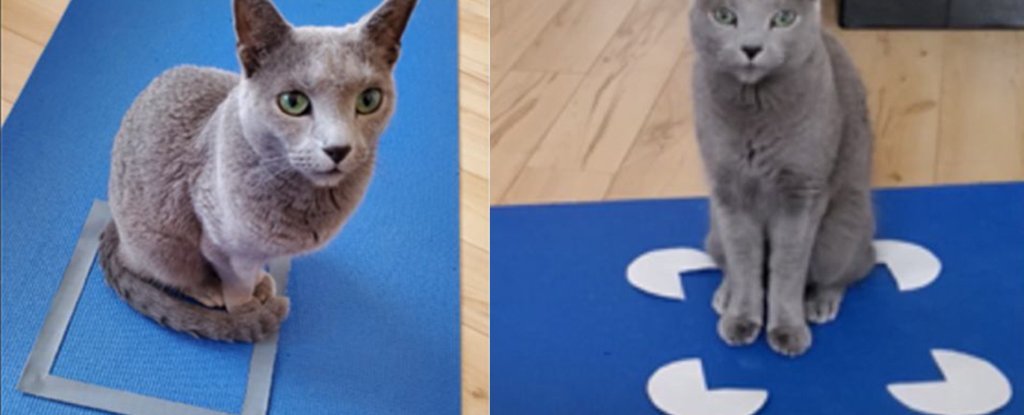Scientists Find Evidence of Humans Making Clothes 120,000 Years Ago
Tools and bones in Moroccan cave could be some of earliest evidence of the hallmark human behaviour.
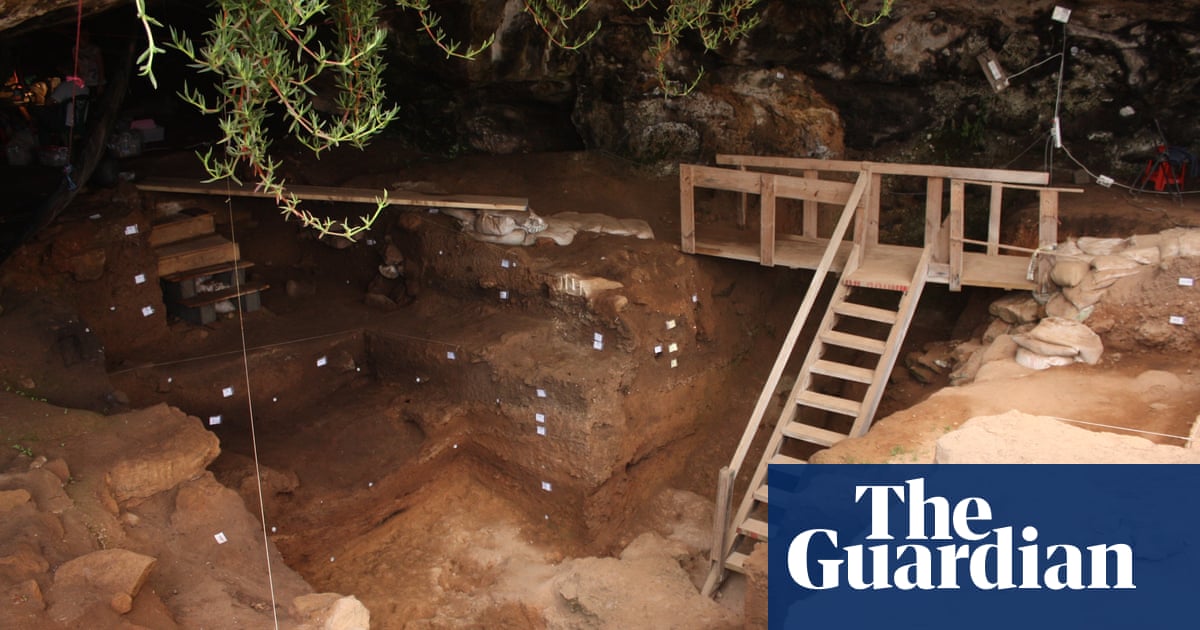
Send us a link
Tools and bones in Moroccan cave could be some of earliest evidence of the hallmark human behaviour.

The level of public acceptance of evolution in the United States is now solidly above the halfway mark, according to a new study based on a series of national public opinion surveys conducted over the last 35 years.
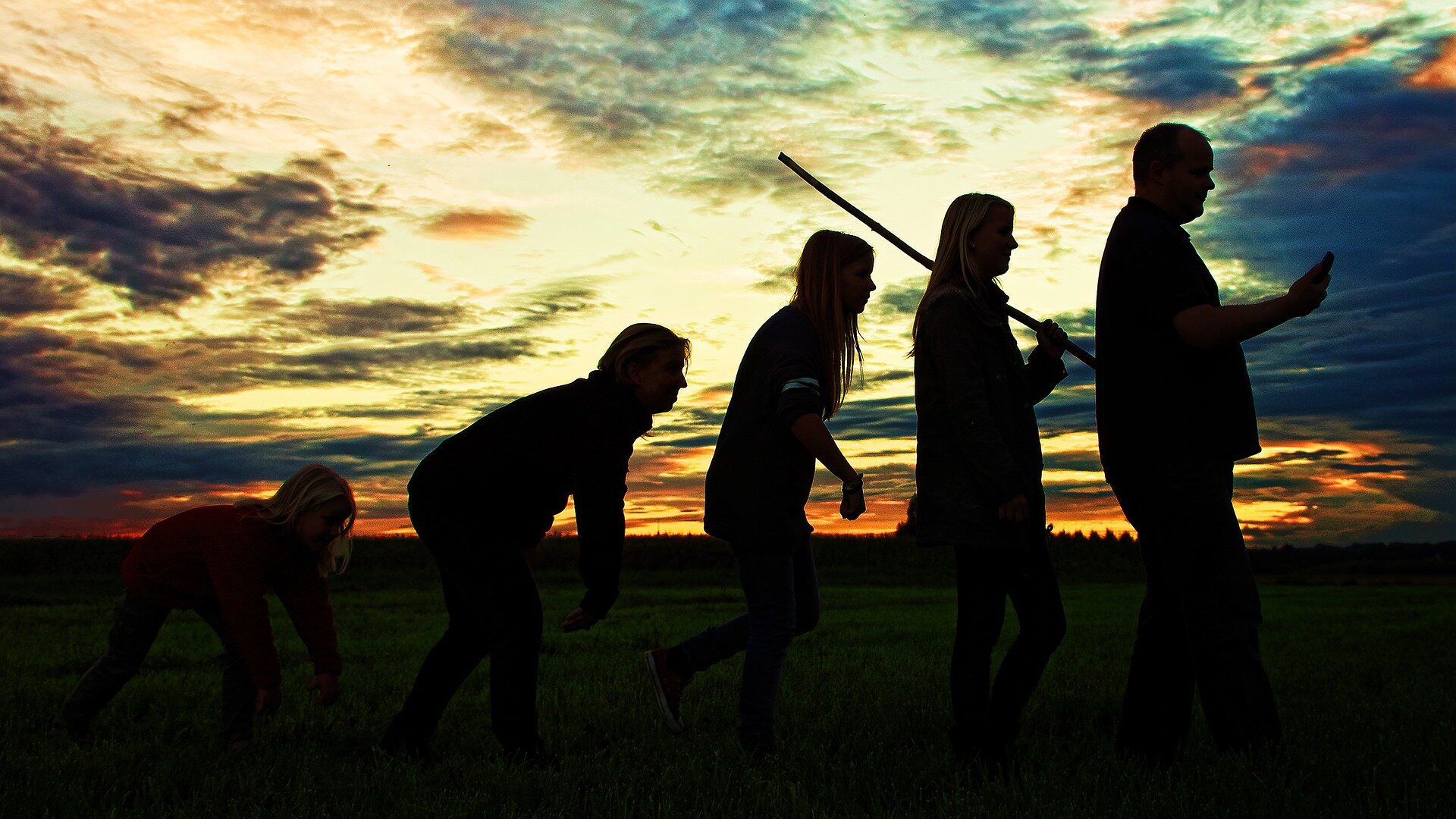
Poor policy outcomes are not the responsibility of 'mutant maths', but of choices made by people in power.

A set of 41 questions drafted with a view to helping us draw out the moral or ethical implications of our tools.
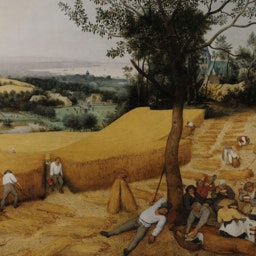
The pandemic was a big social experiment that sent asthma attacks plummeting.
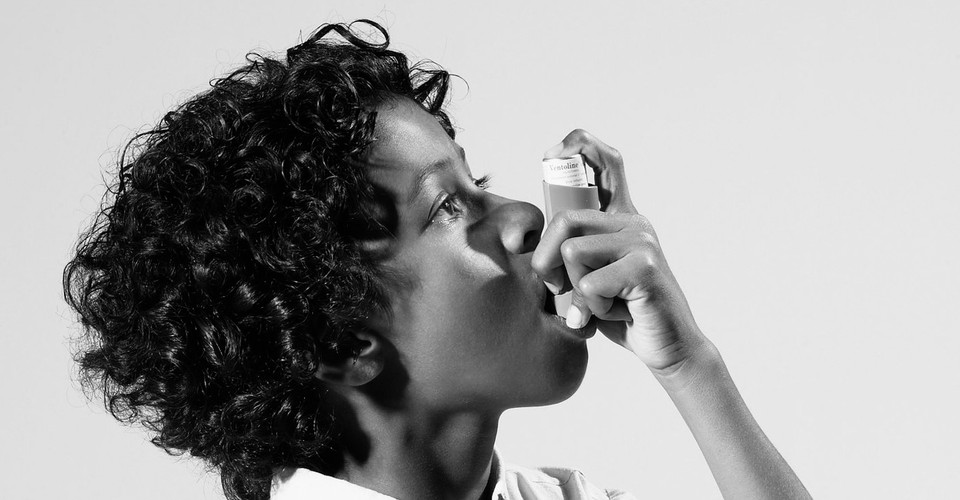
When people sensationalize research, parents pay the price.

WhatsApp has filed a lawsuit in Delhi against the Indian government seeking to block regulations coming into force on Wednesday that experts say would compel Facebook's (FB.O) messaging app to break privacy protections, sources said.

The Covid crisis has shown that consensual information-sharing does not have to erode our democratic rights.
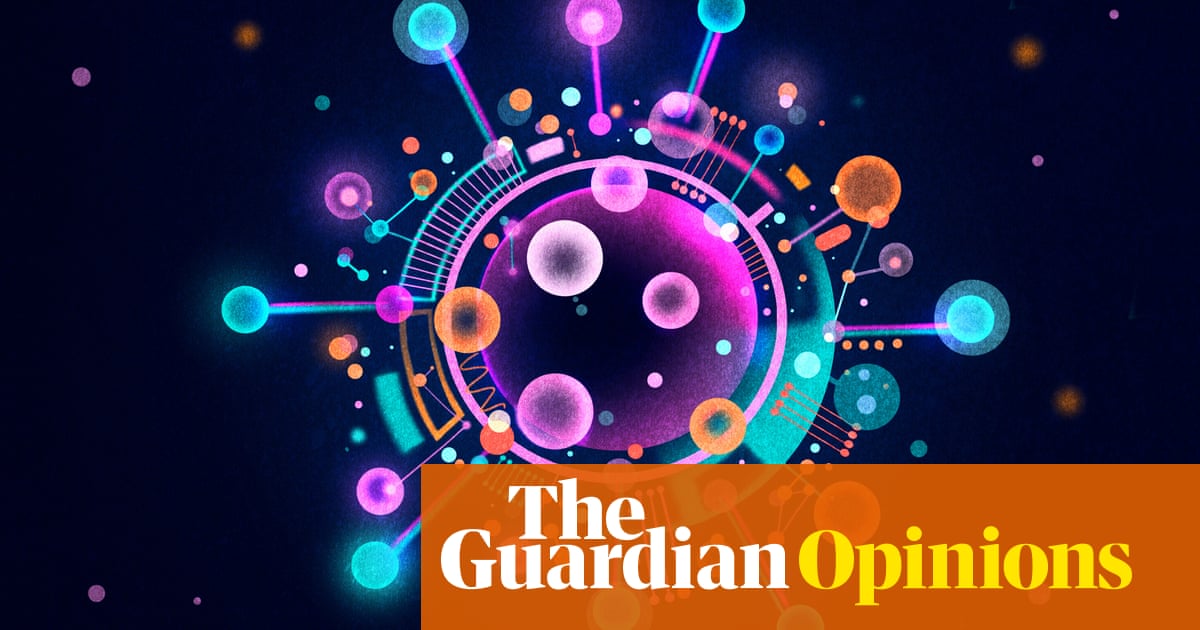
After watching this short film on how much data private companies are able to gather about you (data that we willingly give them in some cases), you might be forgiven for thinking that, never mind some far flung future, we are living in a full-on dystopia right now.

Private affluence is individuals gaining things for themselves – possessions, nice homes and experiences, trampolines. Public affluence is money spent lavishly on things that are shared – libraries, parks, buses, playgrounds.
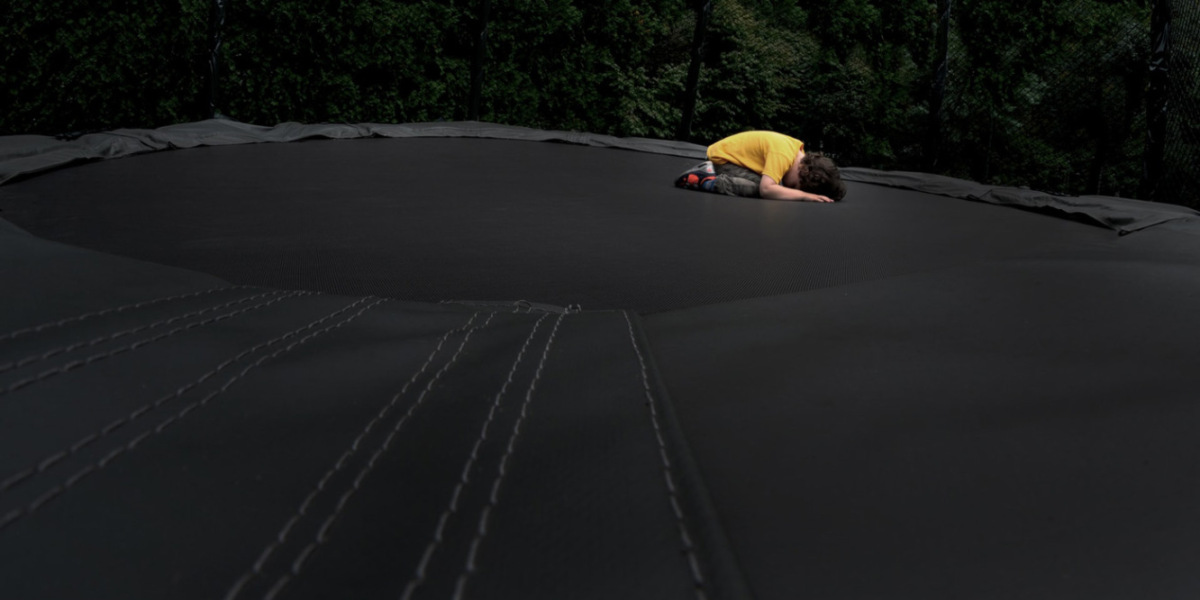
It is good that the authors of HEPI’s report ‘Regional Policy and R&D’ note that the UK, by most agreed measures, is significantly unbalanced economically (in terms of income, productivity and economic growth).

Former top World Bank economist Branko Milanović is afraid that the coronavirus pandemic has deepened the wealth divide. Those who have profited most from the crisis, he fears, have broken their pledge to help countries in need.

Decades of misinformation and bad science has distorted what we think about illicit drugs - but that's changing. We're exploring what this paradigm shift could mean for our health and well-being.
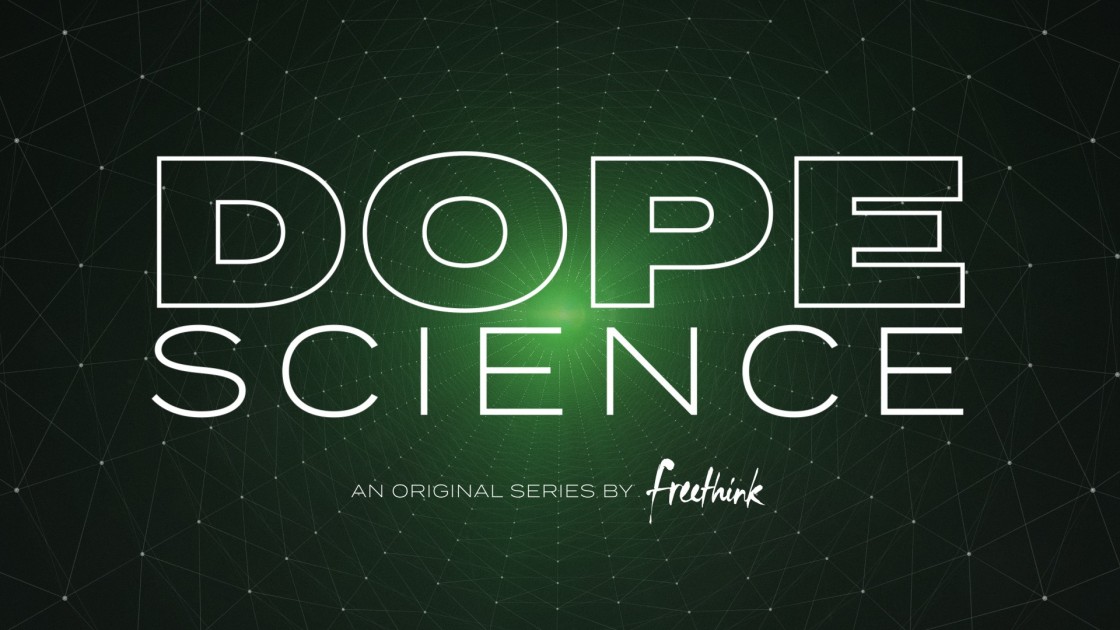
There is no real evidence that the public has lost trust in science. So why are science-based recommendations often ignored?
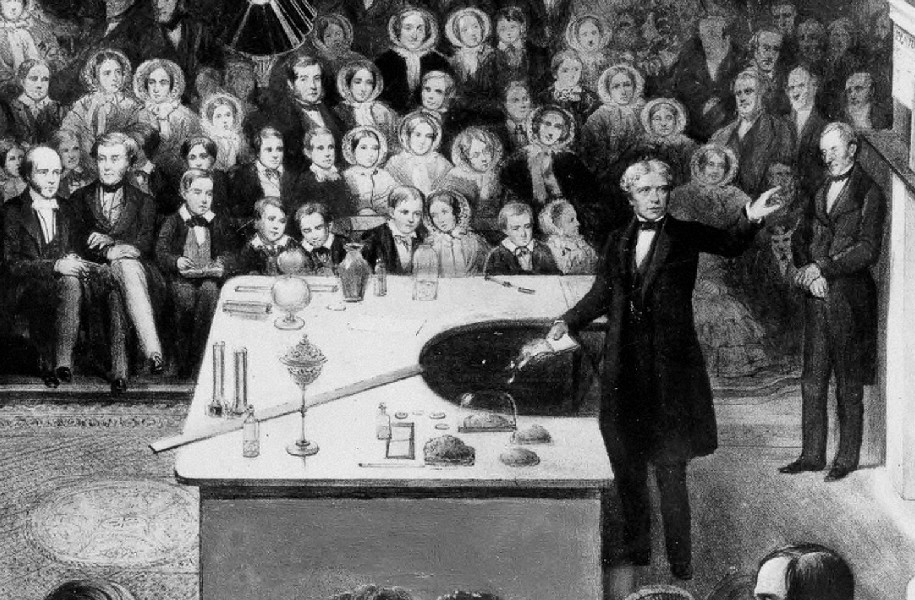
Our feline friends certainly wow us with their cleverness - they can fetch things, open doors, navigate seemingly impossible obstacles, and even understand basic instructions (when they feel like it, anyway).
